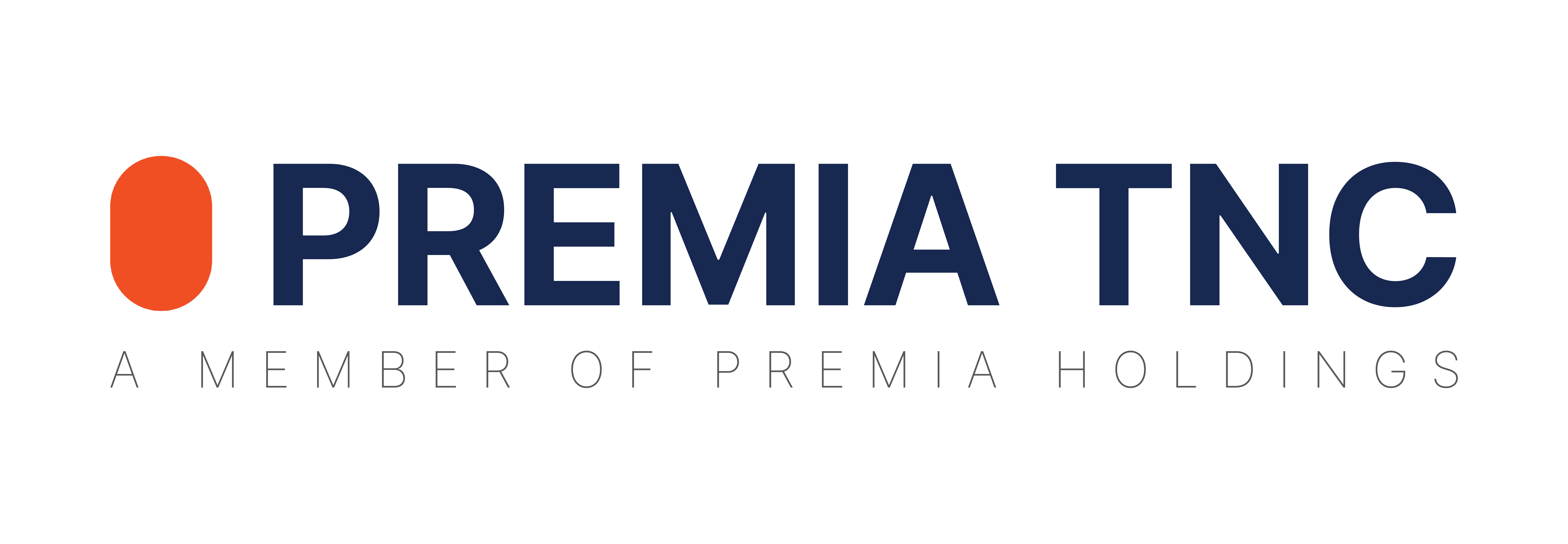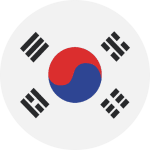
1. Introduction
A. Overview of Foreign Investment in South Korea
South Korea has evolved into a thriving hub for foreign investment, drawing global corporations into its vibrant market. With its strategic location, advanced infrastructure, and educated workforce, it offers immense potential for growth and innovation. However, navigating the regulatory landscape, particularly in HR and labor systems, can be complex for foreign invested companies.
B. Importance of HR and Labor Regulations
Understanding HR and labor regulations is crucial for foreign companies in South Korea. These regulations safeguard employees’ rights and ensure fair working conditions, creating a stable environment for businesses to flourish.
2. Understanding the Korean Labor Market
A. Key Characteristics of the Korean Labor Market
The Korean labor market is known for its high levels of education and strong work ethic. It’s characterized by a mix of permanent and non-permanent workers, with a focus on hierarchical organizational structures.
B. Labor Market Trends
Current trends in the Korean labor market include a shift towards non-regular employment, an aging workforce, and increasing demand for work-life balance. These trends influence how foreign companies manage their workforce.
3. Labor Laws and Regulations in South Korea
A. The Labor Standards Act
The Labor Standards Act serves as the cornerstone of labor regulation in Korea, establishing minimum standards for working conditions, including working hours, wages, and employee protection.
B. The Minimum Wage Act
The Minimum Wage Act ensures fair compensation for workers, with the government setting a minimum wage annually. This act applies to all employees, including foreign workers.
C. The Employment Contract Regulations
Employment contracts in Korea are governed by specific regulations, ensuring clarity and fairness in employment relationships. Contracts must detail key terms, including duties, working hours, and wages.
D. The Trade Union and Labor Relations Adjustment Act
This act governs union activities and labor disputes, balancing the rights of employees to organize with the need to prevent industrial disruptions.
4. Hiring Practices in South Korea
A. Recruitment and Selection Process
Recruitment in South Korea typically involves a rigorous selection process, often including written tests, interviews, and skill assessments. Employers prioritize alignment with company culture when evaluating candidates.
B. Discrimination in Hiring
Korean law prohibits discrimination in hiring based on gender, age, disability, and other protected characteristics. Employers have a responsibility to uphold fairness and equal opportunity throughout the recruitment process.
C. Use of Employment Agencies
Employment agencies play a significant role in the Korean job market, assisting companies in finding suitable candidates, particularly for specialized or temporary positions.
5. Employment Contracts
A. Types of Employment Contracts
Employment contracts in Korea can be fixed-term or indefinite-term. Fixed-term contracts are common for specific projects or seasonal work, while indefinite-term contracts are the norm for ongoing employment.
B. Key Clauses in Employment Contracts
Key clauses include job duties, working hours, wages, and termination conditions. Clear and detailed contracts help prevent disputes.
C. Probation Periods
Probation periods are standard in Korean employment contracts, typically lasting three to six months. During this time, employers assess the suitability of new hires.
6. Working Hours and Overtime Regulations
A. Standard Working Hours
Standard working hours in Korea are eight hours a day, 40 hours a week. However, the law provides flexibility for extended hours under specific conditions.
B. Overtime Regulations
Overtime work requires additional compensation, with rates varying based on the type of overtime. Employers must carefully manage and compensate for overtime to comply with regulations.
C. Shift Work and Night Work
Shift work and night work are common in certain industries. These working arrangements require special consideration for health, safety, and compensation.
7. Employee Benefits
A. Paid Leave and Holidays
Employees in Korea are entitled to paid leave and public holidays. The law mandates annual leave based on the length of service, promoting employee well-being.
B. Social Insurance Contributions
Both employers and employees contribute to social insurance programs, including health insurance, pension, and unemployment insurance. These contributions provide essential safety nets for workers.
C. Other Benefits and Perquisites
Employers often offer additional benefits, such as housing allowances, bonuses, and transportation subsidies, to attract and retain talent.
8. Wages and Salary Regulations
A. Minimum Wage
The minimum wage in Korea is reviewed annually, ensuring fair compensation. Employers must comply with the minimum wage to avoid penalties.
B. Salary Structures
Salary structures in Korea vary, with many companies adopting performance-based pay. Understanding local salary practices is crucial for competitive compensation.
C. Wage Payment Regulations
Wages must be paid at least once a month in cash or by direct deposit. These regulations protect employees’ rights to timely and fair payment.
9. Disciplinary Actions and Terminations
A. Grounds for Disciplinary Actions
Disciplinary actions in Korea must be based on clear grounds, such as misconduct or poor performance. Transparent policies and procedures are essential for fair discipline.
B. Termination Procedures
Terminations in Korea require just cause and proper notice. Employers must follow legal procedures to avoid wrongful termination claims.
C. Severance Pay and Redundancy
Severance pay is mandatory for employees with at least one year of service. Redundancy requires careful planning and fair compensation.
10. Trade Unions and Collective Bargaining
A. Unionization in South Korea
Unionization is common in Korea, particularly in large corporations. Employers must recognize and engage with unions as part of the industrial relations landscape.
B. Collective Bargaining Agreements
Collective bargaining agreements set terms and conditions of employment for unionized workers. These agreements play a pivotal role in shaping workplace policies.
C. Labor Disputes and Strikes
Labor disputes and strikes are regulated to balance workers’ rights with business continuity. Employers must be prepared for potential disruptions and negotiate in good faith.
11. Health and Safety Regulations
A. Workplace Safety Standards
Workplace safety is a priority in Korea, with strict standards enforced to prevent accidents and protect workers. Employers must maintain safe working conditions.
B. Health and Safety Committees
Health and safety committees are required in larger workplaces, fostering employee involvement in safety management. These committees play a key role in hazard identification and prevention.
C. Handling Workplace Accidents
Workplace accidents must be reported and investigated. Employers are responsible for providing compensation and support to injured workers.
12. Equal Employment Opportunity and Anti-Discrimination
A. Equal Employment Opportunity Act
The Equal Employment Opportunity Act prohibits discrimination based on gender, age, disability, and other characteristics. Employers must promote diversity and inclusion.
B. Sexual Harassment in the Workplace
Sexual harassment is a serious issue in the workplace. Employers must implement policies and training to prevent and address harassment.
C. Disability and Special Needs
Employers must accommodate employees with disabilities and special needs. These accommodations ensure equal access and participation in the workplace.
13. Foreign Employees and Expatriates
A. Visa Requirements and Immigration
Foreign employees require appropriate visas to work in Korea. Employers must navigate immigration requirements and ensure compliance.
B. Specific Considerations for Expatriates
Expatriates face unique challenges, including cultural adjustment and housing. Employers should provide support and resources for a smooth transition.
C. Taxation and Social Security for Foreign Employees
Foreign employees are subject to Korean taxation and social security laws. Employers must ensure proper withholding and contributions.
14. Governmental Bodies and Regulatory Agencies
A. Ministry of Employment and Labor
The Ministry of Employment and Labor oversees labor regulations and enforcement. It plays a key role in shaping and implementing labor policies.
B. Labor Relations Commission
The Labor Relations Commission resolves labor disputes and enforces collective agreements. This platform serves as a space for resolving disputes.
C. National Labor Relations Commission
The National Labor Relations Commission adjudicates significant labor disputes and sets legal precedents. It plays a vital role in shaping labor law.
15. Legal Compliance and Penalties
A. Penalties for Labor Law Violations
Violations of labor laws can result in penalties, including fines and imprisonment. Employers must comply with regulations to avoid legal consequences.
B. Compliance Strategies
Compliance strategies include regular audits, legal consultations, and employee training. These strategies help prevent violations and ensure lawful operations.
C. Role of Legal Counsel
Legal counsel provides expert advice and representation in labor matters. Engaging legal experts is crucial for navigating complex regulations.
16. Challenges for Foreign Invested Companies
A. Cultural and Language Barriers
Communication and understanding may be impeded by differences in culture and language. Foreign companies must bridge these gaps to succeed.
B. Navigating Regulatory Complexity
Korean labor regulations are complex and evolving. Foreign companies need expert guidance and proactive strategies to navigate these challenges.
C. Adapting to Korean Corporate Culture
Korean corporate culture emphasizes hierarchy, loyalty, and consensus. Foreign companies must adapt to these cultural norms for successful integration.
17. Best Practices for HR Management in Korea
A. Effective Communication
Effective communication fosters understanding and collaboration. Foreign companies should prioritize clear and respectful communication with employees.
B. Building Strong Employer-Employee Relations
Strong employer-employee relations enhance trust and morale. Foreign companies should focus on fair treatment, recognition, and engagement.
C. Navigating Legal Requirements
Navigating legal requirements is essential for compliance and risk management. Foreign companies should stay informed and seek expert advice.
18. Emerging Trends in HR and Labor in Korea
A. Remote Work and Telecommuting
Remote work and telecommuting are growing trends in Korea. Foreign companies should explore flexible work arrangements to attract and retain talent.
B. Focus on Work-Life Balance
Work-life balance is increasingly important to Korean employees. Foreign companies should promote balance through policies and practices.
C. Growing Importance of Diversity and InclusionLearned
Diversity and inclusion are gaining importance in Korea. Foreign companies should embrace diversity and create inclusive workplaces.
19. Case Studies of Foreign Invested Companies
A. Successful Adaptation Examples
Successful adaptation examples showcase best practices and lessons learned. Foreign companies can draw inspiration from these examples.
B. Challenges Faced by Foreign Companies
Challenges faced by foreign companies highlight common pitfalls and obstacles. Learning from these challenges can help prevent similar issues.
C. Lessons Learned
Lessons learned provide valuable insights for foreign companies. Reflecting on successes and failures enhances future performance.
20. Conclusion
A. Summary of Key Points
In summary, South Korea offers immense potential for foreign invested companies, but understanding HR and labor regulations is crucial. Key points include the importance of legal compliance, cultural adaptation, and effective HR management.
B. Final Thoughts and Recommendations
In conclusion, foreign companies should invest in understanding and navigating the Korean HR and labor system. Proactive strategies, expert advice, and cultural sensitivity are key to success in this dynamic market.
















